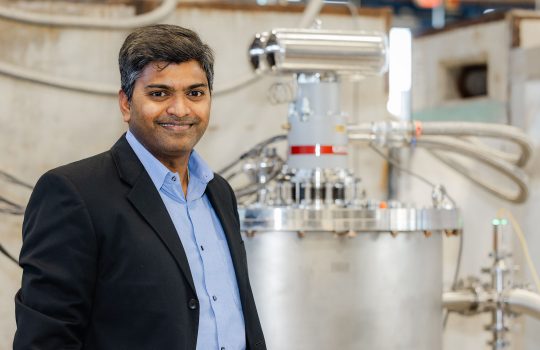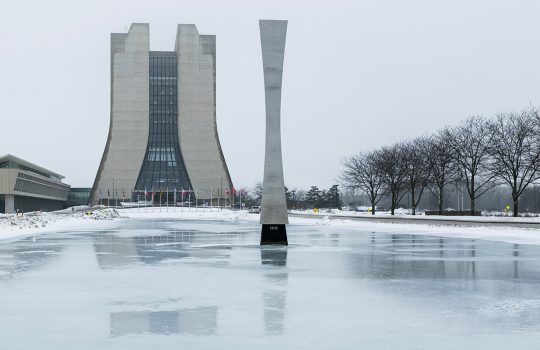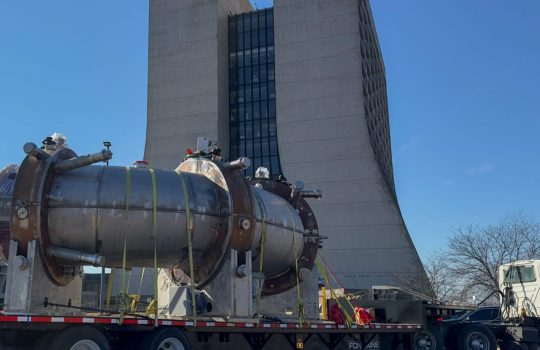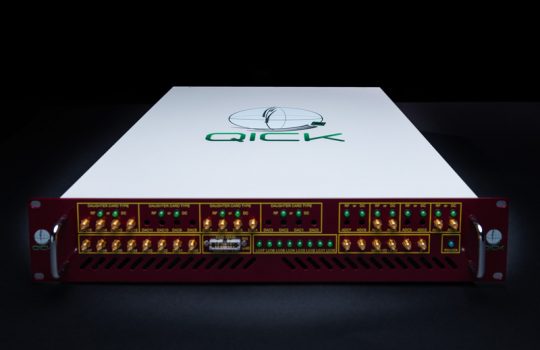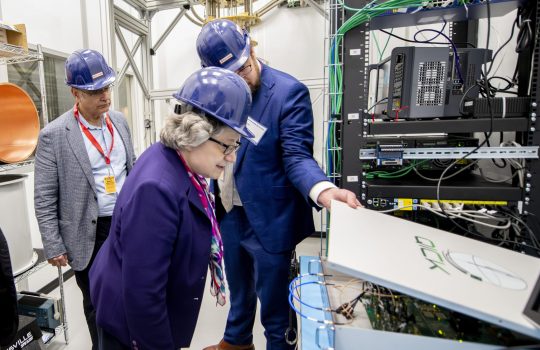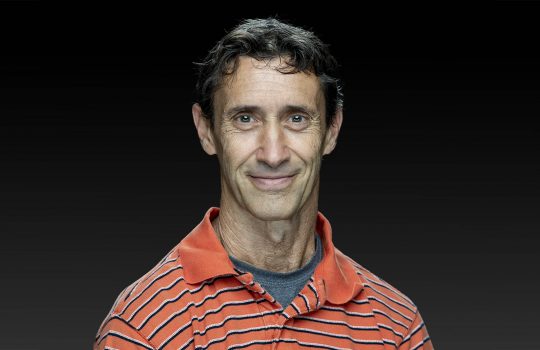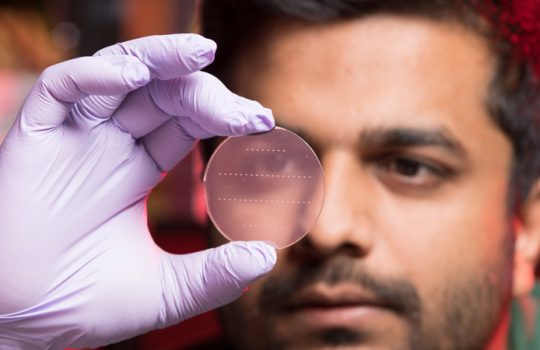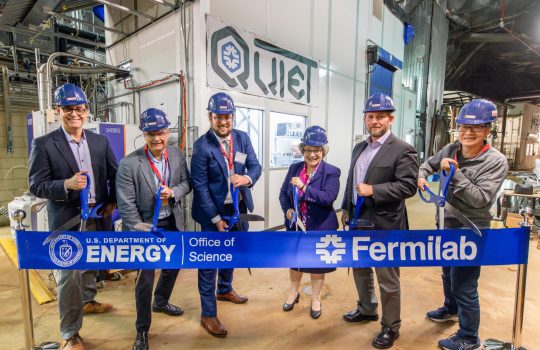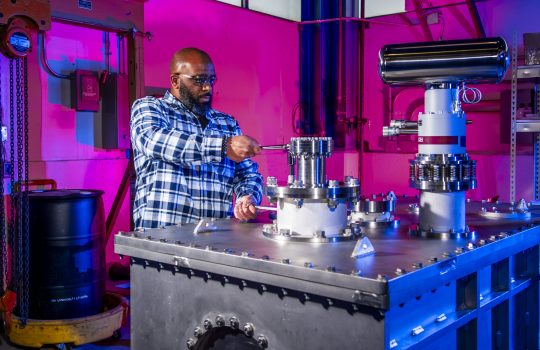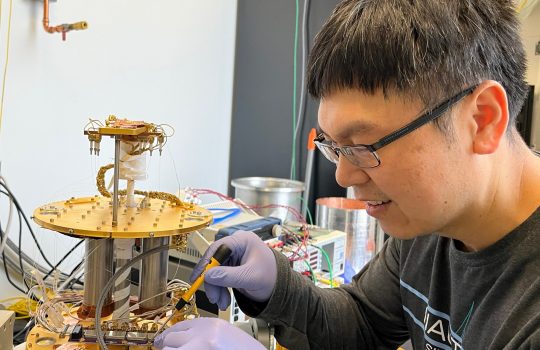Fermilab seeks to broaden industry adoption of electron accelerators
High-power electron beam accelerators could be the answer to the nation’s need for powerful and safe alternatives to radioactive power sources. Funding from the National Nuclear Security Administration’s Office of Radiological Security aims to support a team of engineers, scientists and business specialists in forging a path to help industry adopt these mighty accelerators.

